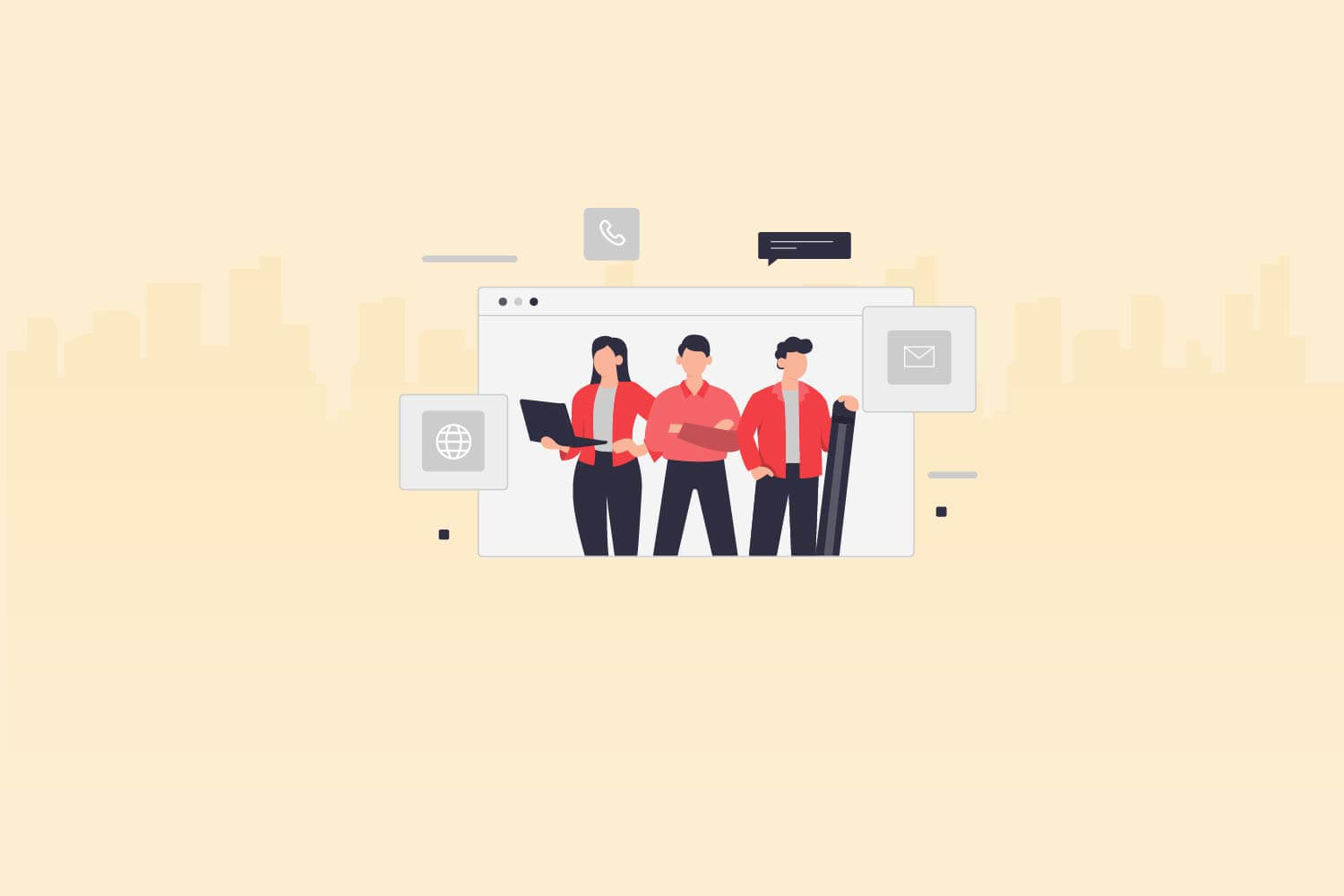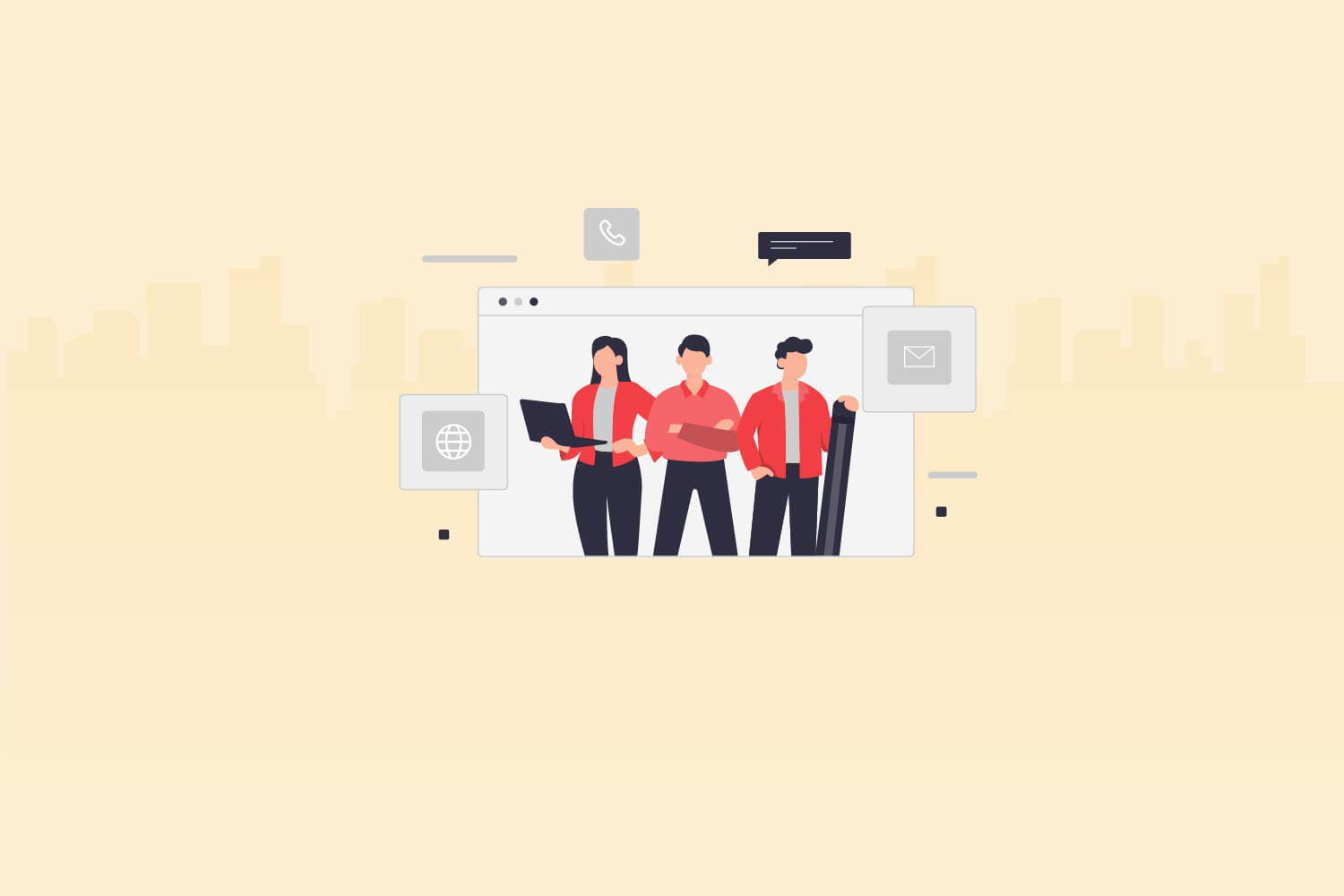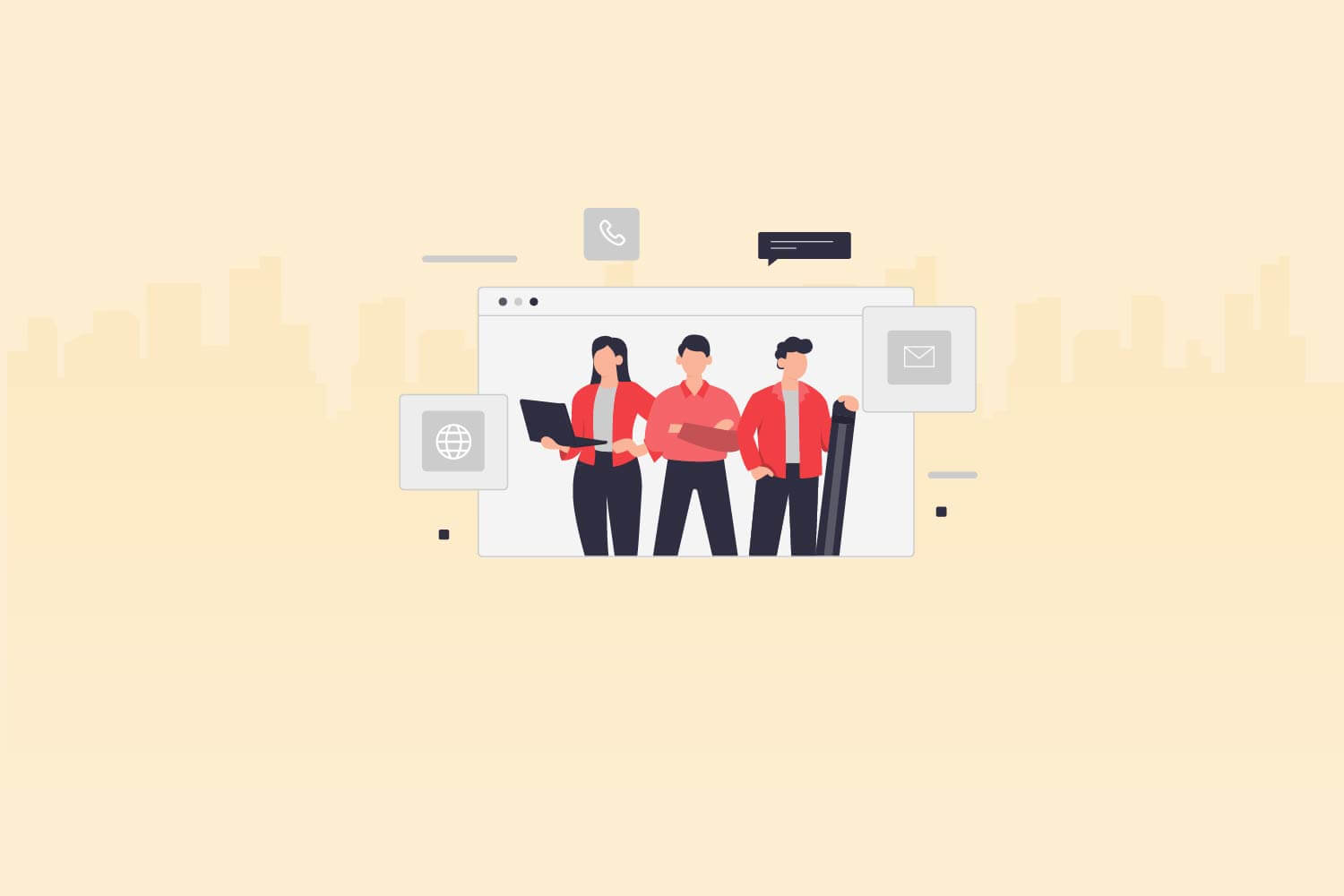The quest to identify and hire top technical talent remains a formidable challenge for recruiters. Traditional hiring methods often fall short in evaluating a candidate’s practical skills and problem-solving abilities. This has led to the widespread adoption of technical assessments as a crucial component of the hiring process.
According to a recent survey by TechHire, 78% of companies attribute successful hires to the implementation of rigorous technical assessments. Discover how industry leaders utilize assessments to secure top talent.
In this comprehensive blog post, we will delve into case studies that showcase how organizations have successfully employed technical assessments to identify and hire top talent. These case studies serve as valuable lessons for recruiters seeking to optimize their hiring strategies and attract the best candidates in the competitive tech industry.
Google’s approach to technical assessments
Google, one of the pioneers in using data-driven approaches to hiring, has long recognized the importance of technical assessments. The company’s recruitment process places a significant emphasis on evaluating a candidate’s problem-solving skills and coding abilities. Google utilizes a multi-step technical assessment process that includes online coding challenges, phone interviews, and onsite interviews.
Case Study: A software engineering candidate, Jane, applied for a position at Google. The initial online coding challenge allowed her to showcase her coding proficiency. Subsequent phone interviews focused on algorithmic problem-solving and data structures. The onsite interview was a mix of technical and behavioral assessments, providing a holistic view of Jane’s abilities. Google’s meticulous approach to technical assessments played a pivotal role in identifying Jane’s potential, and she eventually joined the company as a software engineer.
Key Takeaway: Google’s case study highlights the effectiveness of a multi-stage technical assessment process in evaluating different aspects of a candidate’s technical skills, ensuring a comprehensive evaluation.
Facebook’s behavioral and technical assessment integration
Facebook, another tech giant renowned for its innovative approach to hiring, combines behavioral and technical assessments to identify candidates who not only possess the necessary technical skills but also align with the company’s cultural values.
Case Study: A candidate for a software engineering role at Facebook, went through a unique interview process that included both technical coding challenges and behavioral assessments. The technical assessments gauged the canidate’s coding proficiency, while the behavioral assessments evaluated his collaboration, communication, and problem-solving approach. Facebook’s approach ensured that the candidate not only excelled in technical aspects but also demonstrated the interpersonal skills crucial for success in a collaborative work environment.
Key Takeaway: Facebook’s case study emphasizes the importance of integrating behavioral assessments with technical evaluations, providing recruiters with a holistic view of a candidate’s suitability for both the role and the company culture.
Startup success: How Airbnb identifies tech talent
Startups face their own set of challenges when it comes to hiring top technical talent. Airbnb, a successful startup that disrupted the hospitality industry, has employed a unique approach to technical assessments to attract and retain top-notch engineers.
Case Study: A candidate for a software development role at Airbnb, participated in a real-world project simulation during the interview process. This simulation allowed her to showcase her problem-solving abilities in a setting that closely resembled the challenges she would face on the job. Airbnb’s focus on practical assessments aligned with the startup’s dynamic environment, ensuring that candidates like her could apply their skills directly to the company’s needs.
Key Takeaway: Airbnb’s case study underscores the value of incorporating situational judgement tests into technical assessments, providing candidates with an opportunity to demonstrate their skills in a context that mirrors the challenges of the actual job.
Microsoft’s holistic technical assessment approach
Microsoft, a technology behemoth with a diverse range of products and services, recognizes the need for a holistic approach to technical assessments. The company goes beyond evaluating coding skills, placing emphasis on problem-solving, collaboration, and adaptability.
Case Study: A candidate for a software engineering position at Microsoft, underwent a series of assessments that included coding challenges, problem-solving exercises, and collaborative projects. Microsoft’s approach allowed James to showcase not only his technical prowess but also his ability to work in a team and adapt to evolving challenges. This comprehensive evaluation ensured that James was not only a technical fit but also aligned with Microsoft’s values and work culture.
Key Takeaway: Microsoft’s case study highlights the importance of a holistic assessment approach that goes beyond technical skills, ensuring that candidates possess the qualities necessary for success in a multifaceted work environment.
Diversity and inclusion: How Intel enhances technical assessments
Diversity and inclusion have become central themes in modern hiring practices. Intel, a global leader in semiconductor innovation, has integrated diversity considerations into its technical assessment process to ensure a fair and inclusive hiring experience.
Case Study: A candidate from an underrepresented background, applied for a hardware engineering role at Intel. Intel’s technical assessments were designed to minimize bias and promote inclusivity. The company also provided additional resources and support to help candidates like her succeed in the assessment process. This proactive approach to diversity and inclusion ensured that Intel attracted a diverse pool of top talent, enriching the company with varied perspectives.
Key Takeaway: Intel’s case study emphasizes the importance of designing technical assessments with diversity and inclusion in mind, fostering a welcoming environment for candidates from all backgrounds.
Conclusion
The use of technical assessments has emerged as a game-changer for identifying and hiring top talent. The case studies presented in this blog illustrate the diverse approaches adopted by leading companies in the tech industry, each tailored to their unique needs and organizational cultures.
Recruiters can draw valuable insights from these case studies to enhance their own hiring processes. Whether it’s Google’s multi-stage assessments, Facebook’s integration of behavioral evaluations, Airbnb’s focus on real-world simulations, Microsoft’s holistic approach, or Intel’s commitment to diversity and inclusion, each case study offers a rich tapestry of strategies that recruiters can incorporate into their own hiring frameworks.
As the tech industry continues to evolve, so too must the methods used to identify and attract top talent. By leveraging the lessons learned from these case studies, recruiters can stay ahead of the curve and build teams that not only meet the technical requirements of the job but also contribute to the success and innovation of the organization as a whole.
Testlify offers a range of assessments and challenges that allow you to gauge candidates’ knowledge, problem-solving skills, and creativity in real-world scenarios. With our extensive test library, you can objectively evaluate candidates’ abilities, ensuring you shortlist the most talented individuals efficiently. Ready to unlock the potential of your hiring process with our talent assessment tool? Book a free 30-minute live demo with Testlify. Our expert team will guide you through the platform, showcasing relevant skill tests tailored to your organization’s needs. With our support, you can streamline candidate selection, saving valuable time and resources.








